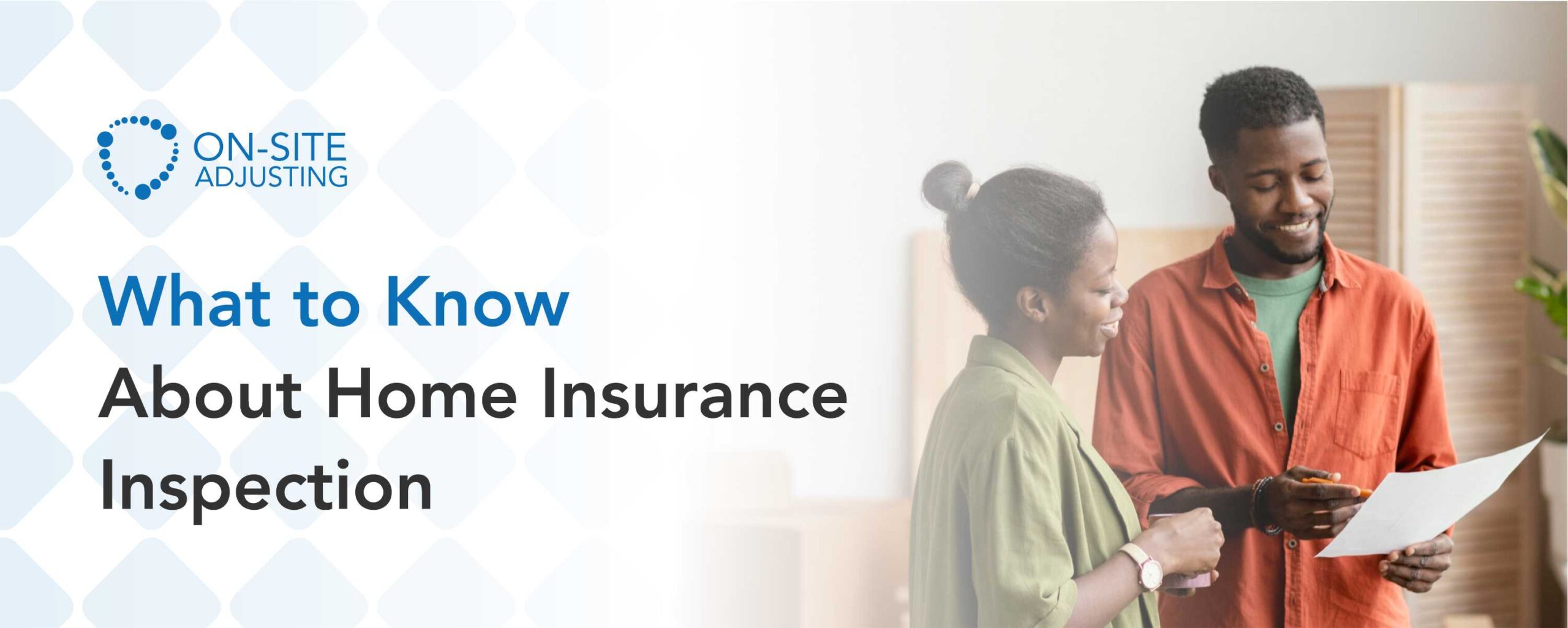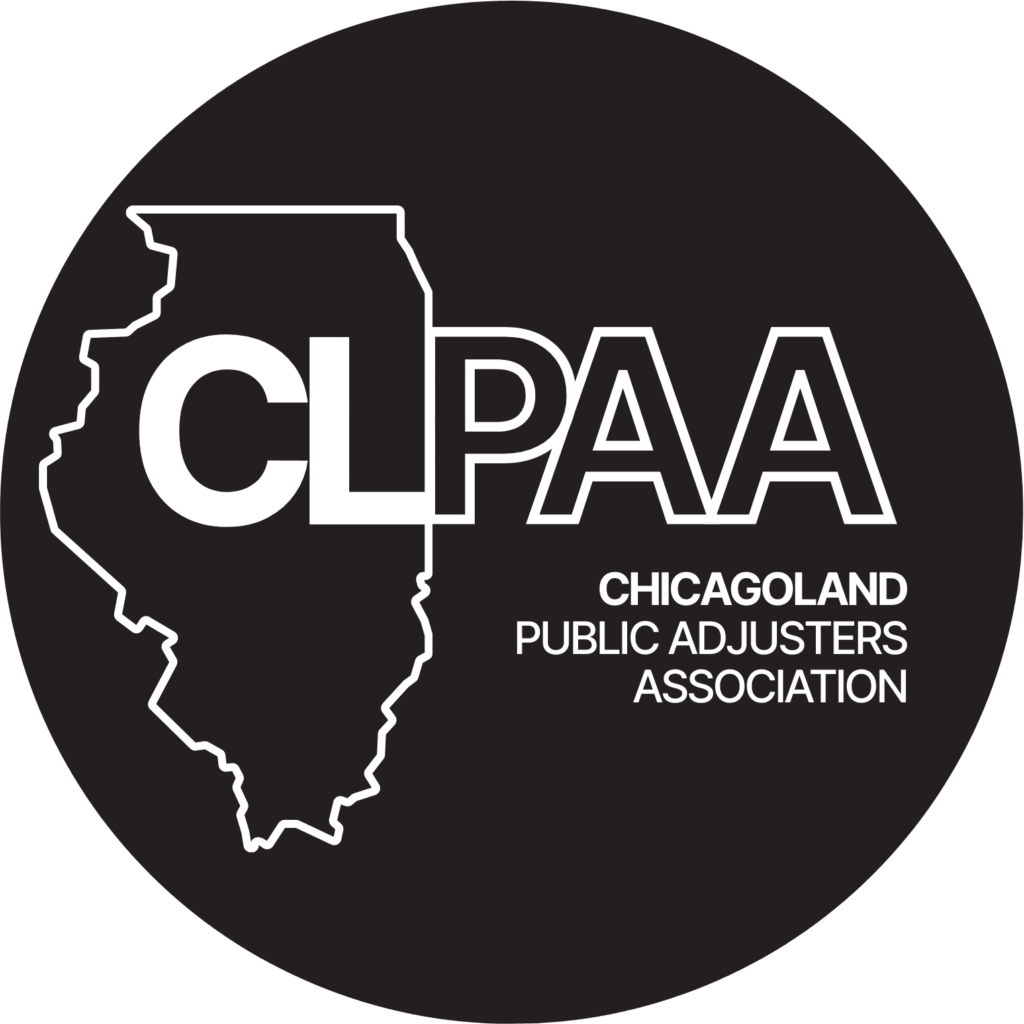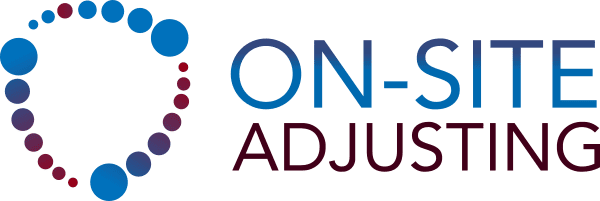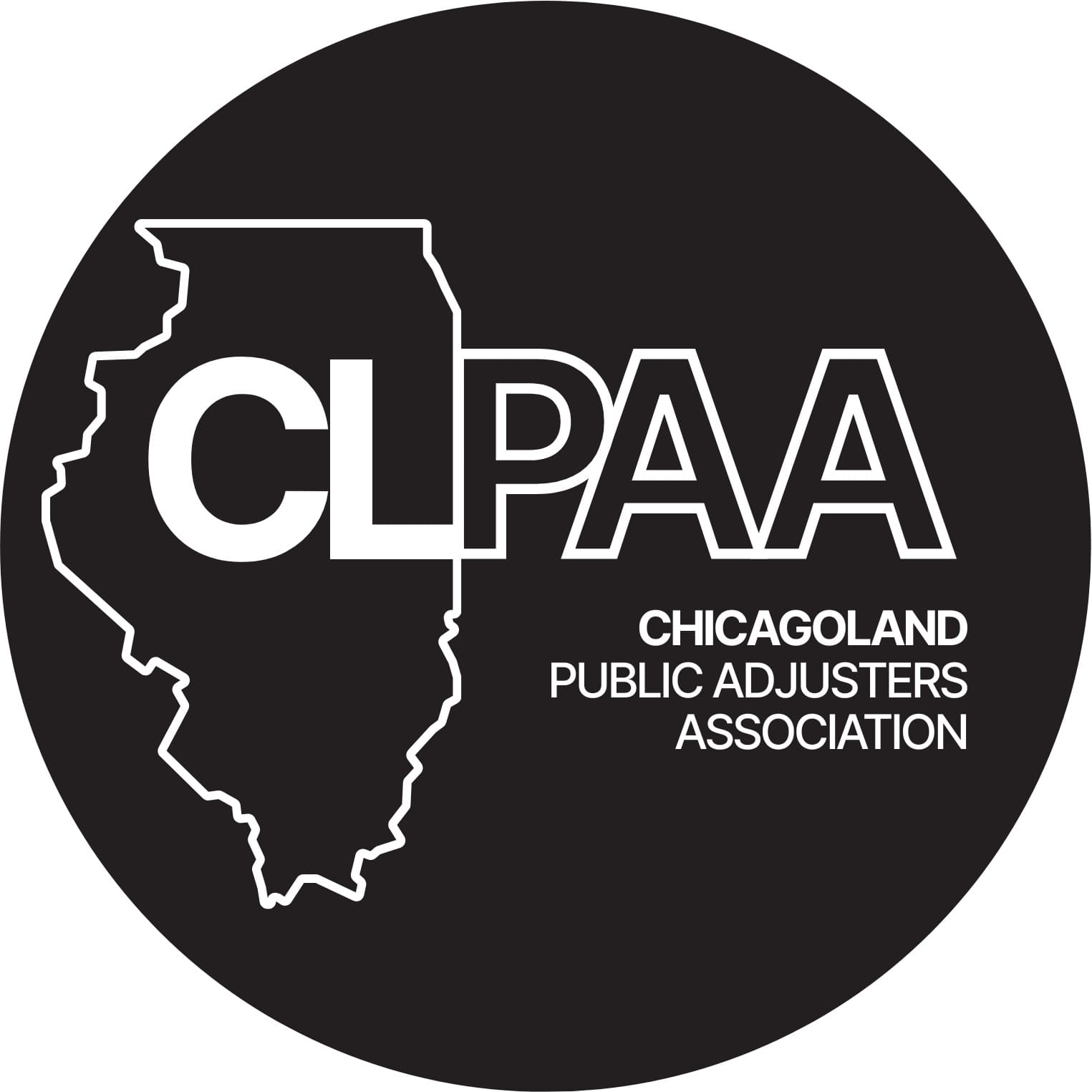
According to the Insurance Information Institute, in 2023, 88% of homeowners had an active homeowners’ insurance policy. However, many homeowners are unaware of the practical aspect of having homeowners’ insurance. A crucial part of this practical aspect is the home insurance inspection. Additionally, hiring a public adjuster can take the burden off your shoulders. This is because they will handle all practical aspects of your policy for you.
This process is often misunderstood. Yet, it plays a significant role in determining your coverage and premiums. This blog is here to take you through the intricacies of home insurance inspections; what they entail and why they’re important. You will be provided with all the knowledge you need to be able to make informed decisions about your property and insurance coverage.
Understanding Home Insurance Inspections
Home insurance inspections are evaluations of a property’s condition. They are conducted by insurance companies or their representatives such as the insurance adjuster. These inspections are crucial for insurers because they help assess the risk associated with insuring a particular property.
You should know that not every home will get an inspection from the insurance company. It is usually done for older homes, high-value homes, and homes in areas prone to crime or natural disasters. However, you should not assume that your home will not be inspected simply because it doesn’t fall under the aforementioned categories. If you are trying to renew your policy or activating a policy for the first time, the chances of getting an inspection is high.
The inspection process typically involves a thorough examination and evaluation of the interior and exterior of the property. The findings of these inspections can significantly impact your policy, coverage limits, and premiums.
The Purpose of Home Insurance Inspections
The primary purpose of a home insurance inspection is risk assessment. Insurers need to understand the potential liabilities associated with a property. These inspections also help identify any existing damage or potential hazards. This information is vital for determining the appropriate coverage and premium to enable the insurer to be fully prepared to handle any possible claims.
Moreover, home insurance inspections can uncover issues that homeowners may not be aware of. This can help prevent future damage and associated costs.
Home Insurance Inspection vs. Home Inspection
It’s important to distinguish between a home insurance inspection and a home inspection. While they may seem similar, they serve different purposes. A home inspection is typically conducted when buying a home. It provides a detailed report of the property’s condition to the potential buyer.
On the other hand, a home insurance inspection is done by an insurance company. It’s used to assess the risk and determine the terms of the insurance policy.
What Happens During a Home Insurance Exterior Inspection?
During a home insurance exterior inspection, the inspector examines the outside of the property. This includes the roof, walls, windows, doors, and foundation. The inspector looks for signs of damage or potential hazards. These could include cracks in the foundation, missing roof shingles, damaged or rotting siding, or poorly maintained landscaping that could pose a risk to the property. When any of these issues are present, it often indicates that the home has some structural issues that could lead to collapse, water damage, and other problems.
The inspector will also note any exterior property or structures you have such as light fixtures, garages, and sheds that could suffer damage and lead to a claim.
Furthermore, you should know that the inspector is not only looking out for damage caused by wear and tear. If there is any indication that damage or issue is caused by your negligence, your policy terms may be stricter and your premiums higher. An example of negligence will be overgrown lawns or landscaping.
The condition of the property’s exterior can significantly impact the outcome of the inspection. A well-maintained exterior can lead to favorable insurance terms. The same goes for having security systems in place as this presents you as a diligent homeowner and may even earn you a discount.
Can You Refuse a Home Insurance Inspection?
As a homeowner, you may wonder if you can refuse a home insurance inspection. You have the right to refuse someone entry into your property and this includes insurance inspectors. However, not every right must be exercised because refusing an inspection can lead to complications with your insurance coverage. It may even result in denial of coverage. If you have an active policy, your insurance provider may cancel your current policy for failure to adhere to the policy terms or because they cannot appropriately insure your property as they have no idea what state it is in.
Insurance companies require inspections to assess the risk associated with insuring your property. Without an inspection, they lack the necessary information to provide accurate coverage. Ultimately, refusing an inspection can make it more difficult to secure home insurance coverage.
Understanding Your Rights
Aside from the right to refuse a home inspection, you have other rights during the inspection process when you do agree to one. You have the right to ask questions and to understand the purpose of the inspection. You also have the right to dispute the findings of the inspection. Remember, the goal of an inspection is to ensure that your property is adequately covered. Understanding this can help you navigate the process more effectively.
Preparing for a Property Inspection
Preparing for a home insurance inspection can help ensure a smooth process. It can also increase the likelihood of a favorable outcome. You should start by examining your home for any visible issues. This includes both the interior and exterior components of your property. You should check out your roof, plumbing and electrical system, HVAC, structural integrity, and any safety features you have installed such as smoke detectors and security systems.
You should also ensure your environment is clean and clutter-free. This not only makes the inspection process easier but also presents your home in the best light.
Next, consider hiring a professional for a pre-inspection. They can help identify potential issues that might skip your personal inspection. They can also recommend the best possible repair option and estimates if you want to fix the issues before the insurance inspection.
During the inspection, be prepared to provide access to all areas of your home. This includes attics, basements, and crawl spaces. This will show cooperation and will reduce the chances of a clash between you and the inspector.
Addressing Issues Found During Inspections
If your home insurance inspection reveals issues, it’s important to address them promptly. This can help ensure your coverage remains intact. The point of the inspection is to identify potential risks. By addressing these risks, you can help protect your home and your insurance coverage.
Keep in mind that some issues may require professional repairs. Always hire a licensed contractor for these tasks to ensure quality work. It is best to let your public adjuster handle this because they have a network of trusted contractors.
Once you’ve made the necessary repairs, you may want to request a re-inspection. This can help update your insurance company on the improved condition of your home. You should keep all receipts and documentation related to the repairs. This can serve as proof of the work done.
Finally, communicate with your insurance company throughout the process. Keeping them informed can help ensure your coverage reflects the current state of your home. Constant and effective communication also reduces any misinformation or potential disputes.
The Impact of Inspections on Home Insurance Policies
Home insurance inspections can significantly impact your insurance policy because the findings of the inspection often influence the terms of your coverage. For instance, if the inspection uncovers issues, your insurer may adjust your policy accordingly and your premiums could increase. This is because the insurer perceives a higher risk of potential claims.
In some cases, the insurer may even decline coverage if the risk is deemed too high. This underscores the importance of maintaining your home and addressing any issues promptly.
On the other hand, you may enjoy lower premiums if your home is found to be in good condition. It is important to understand that each insurance company has its own criteria for assessing risk. Therefore, the impact of an inspection on your premiums can vary from one insurer to another.
Conclusion
Home insurance inspections are a crucial part of the insurance process. They provide a comprehensive assessment of your property’s condition and potential risks. These inspections not only influence your coverage and premiums but also help you understand your property better. They can reveal hidden issues that you may need to address to maintain your home’s value and safety.
In conclusion, while home insurance inspections may seem invasive, they are a valuable tool. They ensure that your insurance coverage accurately reflects your property’s condition and risk level, ultimately protecting your investment in your home.
Home insurance policy terms can be confusing to the average policyholder. But you are in luck because On-Site Adjusting has professionals who are well versed in insurance jargon and can help simplify the insurance claims process for you. Contact us today to get started.












